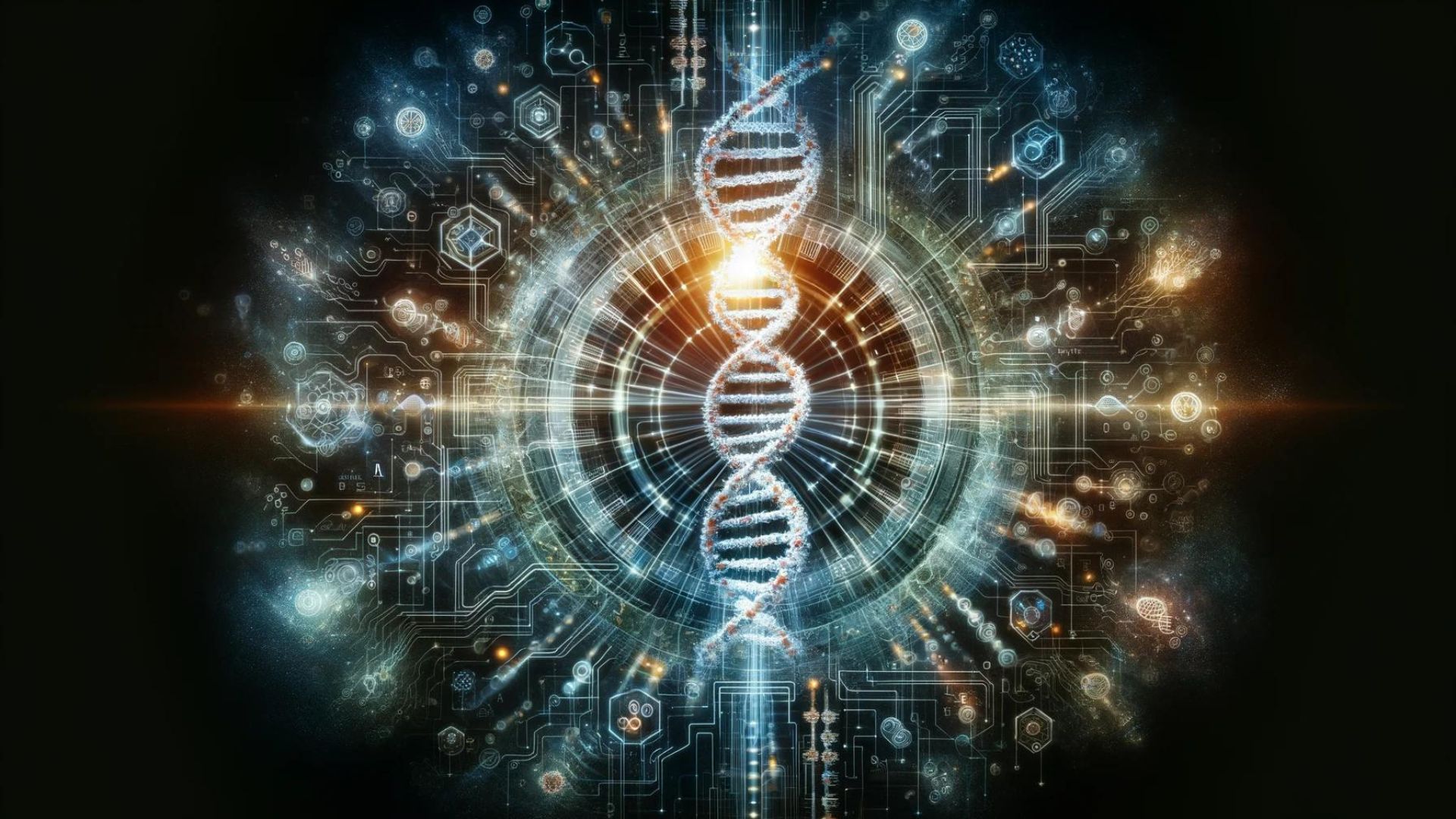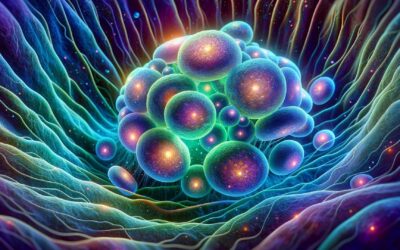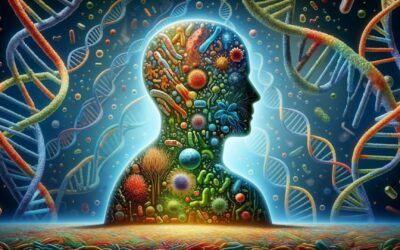Unlocking the Secrets of Your DNA
Imagine a microscopic instruction manual hidden within every cell of your body. It contains the blueprint for building and maintaining you – from the color of your eyes to your likelihood of developing certain diseases. This intricate manual is your genome, and it’s made up of a chemical called DNA.
DNA looks like a twisted ladder. The rungs of this ladder are formed by pairs of molecules called ‘bases’, and there are about 3 billion of these base pairs in your entire genome! The specific order of these bases – your DNA sequence – is utterly unique to you.
Think of your genome as a giant recipe book. It contains thousands of individual ‘recipes’ called genes. Each gene provides the instructions for making proteins, the workhorses of your cells. Some proteins determine physical traits, others fight infection, and others regulate how your body functions. Small changes in your genes, like single-letter typos in the recipe book, can sometimes have a big impact on your health and traits.
Scientists cracked the code of the human genome through a massive international effort called the Human Genome Project, completed in 2003. This was a milestone! Decoding the genome has transformed how we understand human biology, opening doors in medicine, ancestry research, and maybe even designer babies in the future.
For instance, we can now analyze someone’s DNA to see if they have gene variations linked to diseases like cancer or heart disease. This empowers them to take preventive measures or seek early treatment. Think of it like peeking into a potential health roadmap.
Furthermore, your genome holds clues about where your ancestors came from. Scientists compare certain patterns in your DNA to those of people across the globe, tracing ancient migration paths and building a giant family tree of humanity.
The human genome, though incredibly complex, isn’t destiny. Your environment, lifestyle choices, and a bit of random chance also shape who you are. Yet, understanding the language of your DNA paints a breathtaking picture. You are a mosaic of your ancestors, modified by your experiences, and woven together by the unique code inside your cells.
So, the next time you look in the mirror, remember the incredible biological story contained within you. The human genome is a testament to the astonishing power of nature and the ongoing quest to understand ourselves on the deepest level.
Why Should You Care?
- Personalized Medicine: Understanding your genome can help tailor healthcare, from predicting disease risk to choosing medications that will work best for your specific genetic makeup.
- Unraveling Ancestry: Your DNA holds a treasure trove of information about your ancestors and connects you to the broader story of human migration.
- Understanding Self: Your genome offers insights into what makes you unique – your traits, predispositions, and potential health challenges. This knowledge can be empowering.
Key Takeaways
- Your genome is the complete set of your DNA, acting as your body’s unique instruction manual.
- DNA is a ladder-like molecule where the order of its building blocks (‘bases’) determines your genetic information.
- Genes within your genome contain the instructions to produce proteins, which drive your body’s functions.
- The Human Genome Project revolutionized our understanding of human biology and its applications to medicine and ancestry.
- Your genome interacts with your environment and lifestyle to shape who you are.
Keywords
- Genome: The complete set of an organism’s DNA.
- DNA: Deoxyribonucleic acid – the molecule that carries genetic information in all living organisms.
- Base Pairs: The pairs of chemical ‘letters’ (A,T,G,C) that form the rungs of the DNA ladder.
- Genes: Specific segments of DNA that code for proteins.
- Proteins: Large molecules that perform crucial functions in the body, like building tissues, transporting substances, and fighting infections.
- Human Genome Project: The international research effort that completed the first sequencing and mapping of the entire human genome.
- Genetic Variation: Differences in DNA sequences between individuals or populations.
- Predisposition: An increased likelihood of developing a particular trait or disease due to your genes.
- Ancestry: Your family lineage and ethnic origins.
- Personalized Medicine: Healthcare tailored to an individual’s specific genetic makeup.
Frequently Asked Questions
- Can I change my genome? While gene editing technologies are advancing, most of your genome is fixed. However, you can influence how your genes are expressed through lifestyle choices.
- Does my genome guarantee I’ll get a certain disease? In most cases, no. Genes often increase your risk, but environment and lifestyle play a huge role, too.
- Is my genetic information private? This is a complex issue. Genetic testing companies have privacy policies, but there are concerns about data security and potential discrimination.
Myth Buster
- Myth: Genes control everything about you.
- Reality: Your genome is a blueprint, not a destiny. Your environment, experiences, and choices all interact in complex ways to shape your life.
Let’s Talk
- If you could learn one thing about yourself from your genome, what would it be? Why?
- Do you think potential benefits of widespread genetic testing outweigh the risks?
- How does learning about the human genome influence how you think about the uniqueness of each individual?
Let’s hear your thoughts in the comments below!












0 Comments